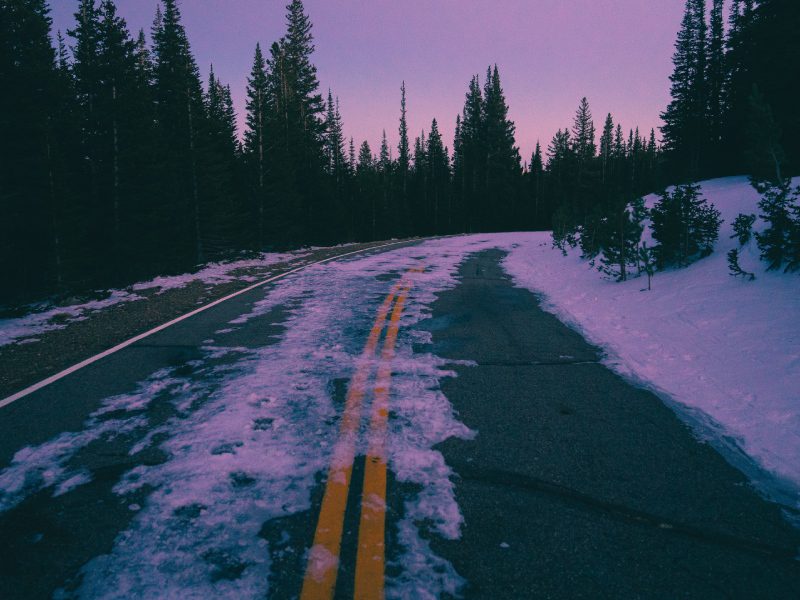SLIP AND FALL ACCIDENTS: KNOW YOUR RIGHTS IF INJURED ON ICE

Every year, Chicagoans and Suburbanites alike have to deal with brutal winter weather that makes walking especially difficult and dangerous. Snow and Ice accumulations on sidewalks, driveways, parking lots, stairways and building entrances can cause slippery conditions that may result in serious injuries if someone has the misfortune to fall on the slick surfaces. But the question remains……
Who is Liable for Falls and Injuries on Ice and Snow??
As a general rule, the owner or occupier of property in Illinois is under no duty to remove ice and snow that resulted from natural accumulation. The Snow and Ice Removal Act does not require property owners or managers to clear ice and snow from their sidewalks or to remove “natural accumulations” of snow from their property. In addition, the Act provides immunity to property owners who do a mediocre job of removing the snow and ice. This Act, and our Appellate and Supreme Court’s interpretation of it, shields property owners and occupiers from liability in many slip and fall cases.
As a result, a person injured on ice/snow typically cannot sue a residential or commercial property owner/occupier if his/her fall was due to a natural accumulation of ice/snow or the property owner failed to:
* Warn about a natural accumulation of water/snow/ice on their premises
* Provide mats for visitors to wipe their feet in entryways
* Remove snow, slush, water or ice tracked-in by visitors
BUT, all is not lost if you have been injured because of ice and snow.
So When Can the Property Owner be Held Liable??
The Snow and Ice Removal Act does not shield property owners from liability if their actions caused an “unnatural accumulation” of ice and snow and this condition resulted in someone slipping, falling and sustaining injuries. The following are scenarios in which the owner/manager may be held liable, although this list is not exhaustive:
1) A commercial property owner may be held liable for negligent snow/ice removal if they left snow piles near pedestrian pathways of a parking lot that melted during the day and then froze in the evening, creating “black ice” patches. Black ice is especially treacherous at night and someone can easily lose their footing on the invisible ice patch and fall.
2) If the negligent design or maintenance of a parking lot or sidewalk causes an unnatural accumulation of ice, snow or water, the property owner or occupier could be held liable. For example, the slope of a parking lot may cause an unnatural accumulation of snow or ice as can unrepaired holes and cracks in the pavement. In addition, clogged and/or misplaced gutters or downspouts may result in an unnatural accumulation of ice/snow/water, e.g., the gutter/downspout drains unto an adjoining sidewalk or stairs.
3) A residential property owner may be held liable if a person suffers injury due to an ice/snow condition on the sidewalk that results from “willful and wanton” misconduct, i.e., an actual intent to cause injury or with a conscious disregard for the safety of others.
4) Contract or Lease: A contract or lease agreement may also create a duty of a property owner/occupier to remove ice and snow from their premises and a failure to remove the snow and ice in a timely manner, or to do so inappropriately, may give rise to a claim for injuries sustained on the premises.
Each slip and fall on ice/snow/water case is unique and presents its own challenges and your ability to recover damages depends on the specific circumstances of the case. If you have been injured, it is vitally important to consult with an experienced Chicago premises liability attorney as soon as possible so that the circumstances of the manner and cause of your fall can be thoroughly investigated and evidence can be preserved before it is lost or destroyed.
If you have been injured in a Slip and Fall Accident due to Ice and Snow, contact us at (312) 357-0733 for a FREE, no obligation consultation to discuss your potential case. Please do not delay as there are time limits to bring a claim/lawsuit for personal injuries.